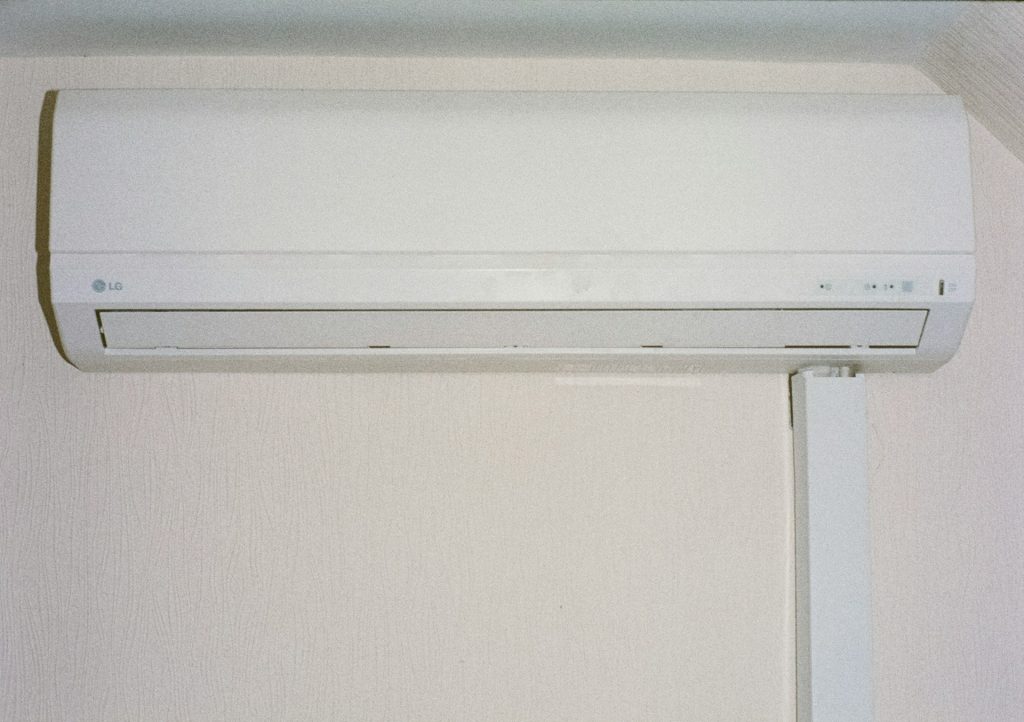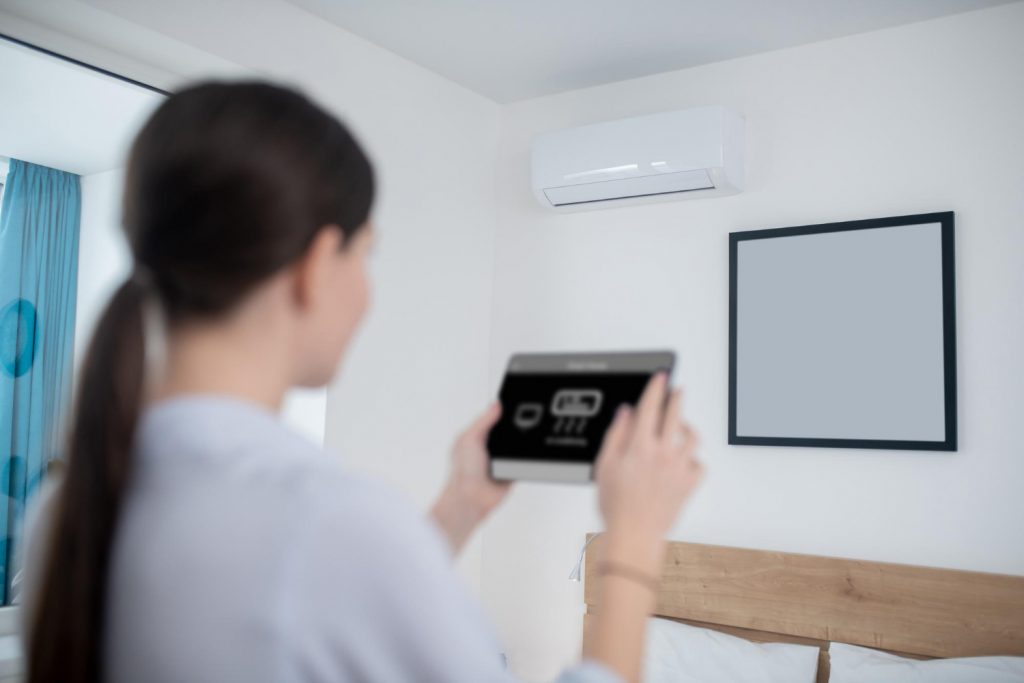If you catch a strange smell coming from your HVAC system, it’s not something you want to ignore, especially in the middle of a long summer in Bastrop. Your HVAC system should keep your home or business comfortable, not cause you to wonder what that funky odor is. These smells can be more than just unpleasant. They can point to real problems that put your comfort and indoor air quality at risk.
From musty odors to something that smells like burning plastic, each type of smell can be linked to different issues. For homeowners and small business owners in Bastrop, catching these signs early can help prevent costly repairs or system breakdowns. The trick is knowing what each odor might mean and what’s causing it in the first place.
Common HVAC Smells and What They Might Mean
Smells coming from an HVAC system aren’t just random. They usually tie back to something happening inside the ductwork, filters, or the system itself. Below are some of the most common smells that people report and what could be behind each one:
– Musty or mildew-like smell
This usually signals moisture buildup. It could be mold in the ducts or around the coil. Often found in systems that haven’t had proper maintenance, especially in climates with high humidity.
– Burning or smoky smell
A faint burning smell could happen when the system turns on for the first time in a while. But if it sticks around, you could be dealing with an electrical issue, overheating parts, or dust burning off internal components.
– Rotten egg or sulfur smell
This one is a real red flag. It could point to a gas leak. Natural gas is usually treated with a sulfur-like odor to alert homeowners. If you smell this, leave the area and call for help.
– Dirty sock smell
Odd as it sounds, this is another common one. Usually tied to mold or bacteria living on the evaporator coil.
– Chemical or paint-like smell
A sharp smell could be leaking refrigerant. This is often accompanied by poor cooling performance and should be taken seriously.
Here’s a quick example. A local Bastrop homeowner recently noticed a musty odor every time their AC kicked on. Turns out the drain line was clogged, and water was pooling near the indoor coil. That standing water helped mold grow, and every time the AC ran, spores got pushed through the vents.
The takeaway? These smells usually don’t fade away on their own. In most cases, they get worse over time and start affecting the performance of your HVAC system. If it smells off, something probably is.
What’s Causing That Smell?
Smells give you clues, but they’re just the surface. There are a handful of issues that can trigger strange HVAC odors, and most tie back to moisture, poor airflow, or electrical problems. Here are a few of the most common trouble spots:
1. Clogged drain lines or pans
When condensation doesn’t drain properly, water gets trapped and becomes a perfect place for mold to grow.
2. Dirty filters
Air filters do more than boost airflow. They also help stop bacteria, dust, and mold spores from circulating. A clogged filter can throw off indoor air and trap stink inside the system.
3. Leaky ductwork
If your air ducts have gaps or breaks, outdoor smells, even from a crawl space or attic, could sneak in and get pushed through your vents.
4. Overheating parts or loose wiring
Components that overheat due to wear or faulty electrical connections may start to emit a burning smell.
5. Broken fans or motors
As these parts wear down, they can start to smell like machine oil or rubber when they malfunction.
If your system is smelling weird, these could be part of the reason why. And while it’s easy to ignore a faint odor at first, it often signals that your HVAC system is struggling somewhere under the surface. These aren’t the kind of problems that clear up with a quick tap or button reset. Fixing them right takes experience, diagnostic tools, and the right care.
When to Call a Professional
Some smells are just temporary and harmless. But when an odor sticks around or gets stronger, it could be a sign of a more serious issue. If your HVAC system is letting off a smell that’s new, persistent, or gets worse when you adjust the thermostat, it’s smart to bring in a professional.
Here are a few situations where you shouldn’t wait:
– You smell gas or something like rotten eggs
This could be a gas line issue. Don’t ignore it or try to trace it yourself. Exit the space and call for help right away.
– You notice a strong burning or melting plastic scent
That might be wiring or a component overheating. Electrical problems aren’t something you want to gamble with.
– The smell lingers and returns repeatedly
Musty or wet odors can point to mold or mildew in your system. These odors can come back even after changing the filter if the source isn’t dealt with properly.
– You’ve checked filters and vents, but the odor remains
If basic filter changes or visual checks don’t fix the problem, you’re probably dealing with something inside the system, like the coil, fan, or drain line.
Smells can be easy to forget about at first, especially if your AC is still working. But ignoring them now can lead to bigger problems later. HVAC systems are complicated, and it takes a trained tech to safely find and fix what’s going on inside.
How to Keep Your HVAC System Smelling Fresh
Once you’ve cleared out any problem odors, keeping them from coming back is the next step. A clean, well-maintained HVAC system is less likely to surprise you with unwanted smells.
Here are some low-hassle ways you can help keep your system fresh between service visits:
1. Replace filters regularly
A dirty air filter traps moisture, dust, and allergens and can become a source of smells itself. Most homes do fine with new filters every one to three months.
2. Keep vents open and unobstructed
Blocked vents make your system work harder. Allow for good airflow throughout your home or office to avoid stale air and bad odors.
3. Check for moisture buildup
If you see signs of condensation around your indoor unit or vents, it could be a sign of clogged drains or poor insulation.
4. Clean around indoor and outdoor units
Don’t let leaves, pet hair, or dust build up around your HVAC equipment. It all affects how well the system works and how it smells.
5. Schedule regular maintenance
Whether it’s once a year or more often, getting your system inspected and cleaned by a professional reduces surprise problems and helps you catch things early.
Taking a few small steps can go a long way toward having a home or business that smells clean and feels comfortable.
Why Fast Action Can Save You from Bigger Trouble
Bad smells are about more than comfort. Sometimes they reveal potential risks to your air quality or system performance. When mold, chemicals, or burning components are involved, they can have a direct impact on how safe and healthy your indoor environment is. Knowing what to watch for and getting help sooner rather than later can prevent minor problems from turning into something worse.
HVAC smells don’t fix themselves. They usually point to something deeper going on in your system. Whether it’s a build-up of moisture, electrical wear, or poor airflow, these issues tend to grow over time. If you’re in Bastrop and something doesn’t smell right when your AC turns on, don’t wait for it to go away on its own. Getting ahead of it means fewer headaches and a more comfortable space all around.
To keep your AC running smoothly and your air smelling clean, regular checkups are key. Stay ahead of hidden issues with HVAC maintenance in Austin from ABC Austin Service Express. We’ll help make sure your system stays reliable, efficient, and odor-free year-round.










